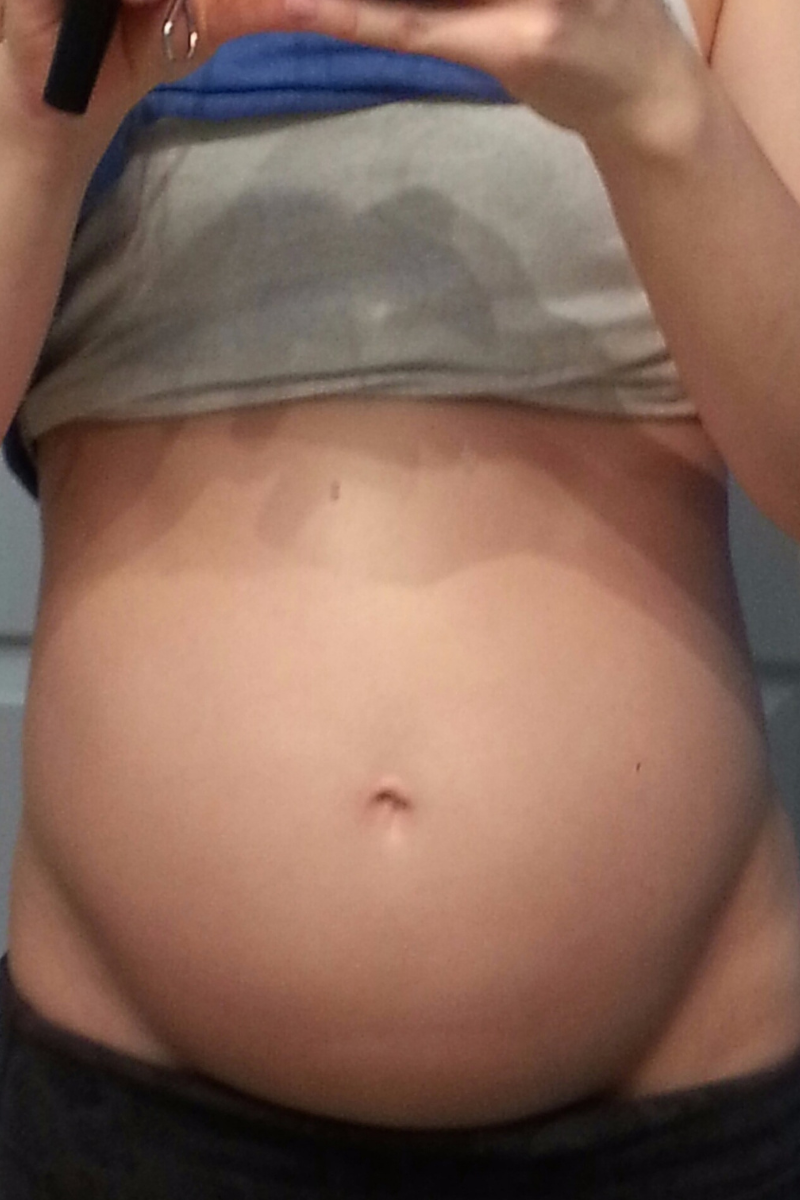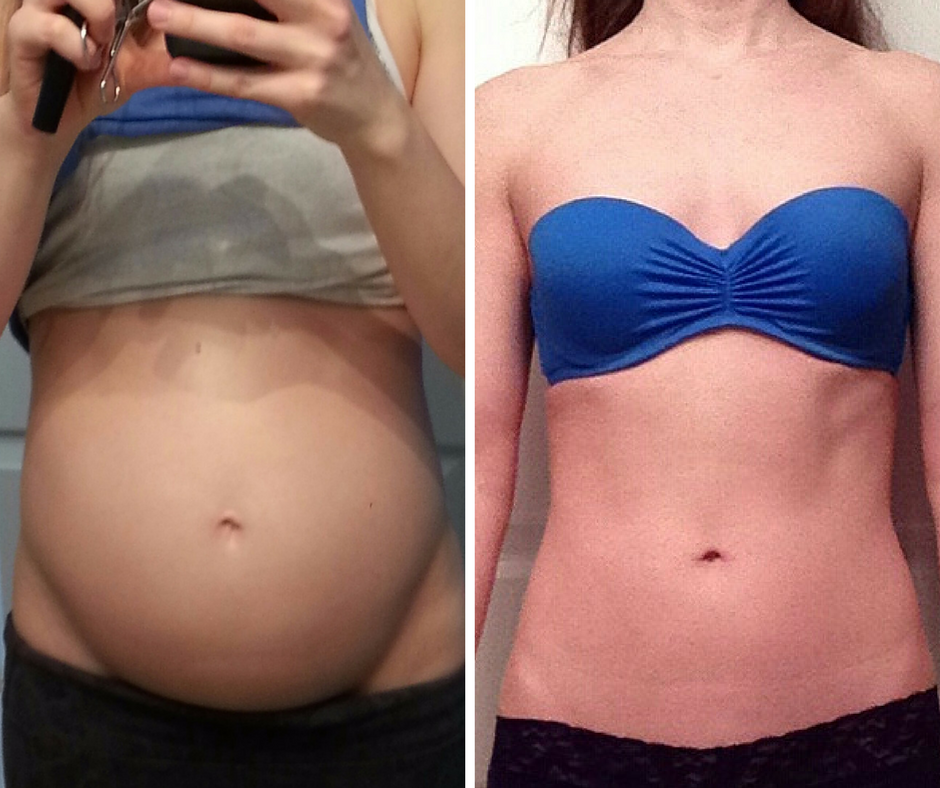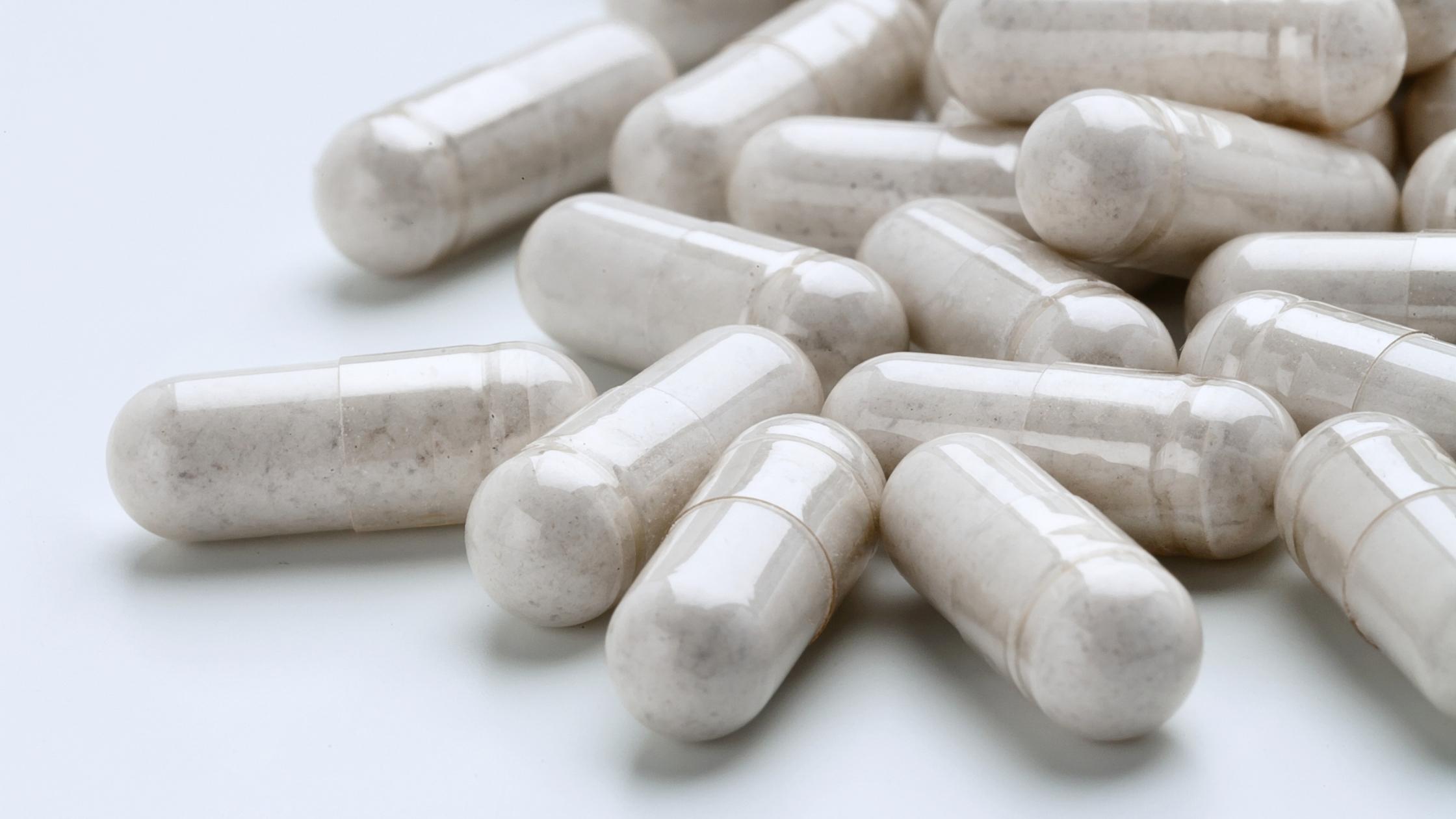Small Intestine Bacterial Overgrowth affects 84% of people with IBS. 84%!! If you’ve been struggling with chronic gas, bloating, constipation or diarrhea it’s worth talking to your Doctor about SIBO testing. (A SIBO overview, including testing information can be found here). Once you determine that SIBO is an issue, a treatment plan can be put into place.
A treatment plan should be multifaceted and should, at a minimum, include dietary changes and antibiotic treatment (either herbal or prescription). Some cases require further measures to reduce inflammation and improve the integrity of the gut lining, which can be compromised in SIBO. Once SIBO is eradicated, measures should be taken to prevent relapse.
Sounds like a lot, right? I will admit that when handed the outline for SIBO treatment I felt pretty overwhelmed. It makes it easier to focus on one area at a time, which is how I will break down the treatment protocol through a series of posts.
But first, a disclaimer. While this information was obtained through doctors, including the highly regarded and immensely valuable Dr. Alison Siebecker, you should always work with a health professional when diagnosing and treating SIBO. Trust me, it makes it MUCH easier when trying to figure out what is and isn’t working.
The first part of treatment we will cover is the antibiotic protocol. I know taking antibiotics seems counterintuitive when trying to fix gut issues, but hear me out: SIBO occurs when there is an overgrowth of bacteria. We need to reduce the numbers through the use of antibiotics. The good news for those who are reluctant to take prescription antibiotics is that there is also an herbal option. Dr. Alison Siebecker refers to these as herbal antibiotics.
There are pros and cons to both prescription and herbal antibiotics.
Prescription antibiotics are strong and the prescribed duration is 10 – 14 days. Successive rounds of antibiotics may be needed if your gas levels from your SIBO tests are more than 35-45 ppm. Each round of antibiotics decreases gas levels about 25 – 35 ppm.
Rifaximin (Zaxine, in Canada) is often touted as the most effective antibiotic for SIBO as it is almost completely non-absorbable which means it stays in the intestines and don’t cause systemic side effects, like bladder infections. The downside of Rifaximin is that it is very expensive and is often not covered by insurance.
Cephalexin is often used as an alternative to Rifaximin. It is inexpensive and usually covered by insurance.
For constipation (methane) dominant cases, a second antibiotic, either Neomycin or Metronidazole, must also be used at the same time.
Exact dosing protocols can be found here.
There are side effects to prescription antibiotics, of course. If you are prone to fungal issues, they may flare up during treatment. I personally experienced diarrhea, mood swings, poor digestion and yeast issues (including on my scalp and tongue) after having to do four rounds of antibiotics to get my gas levels down.
Herbal antibiotics take longer to bring down gas levels; however, that does not mean they are less effective. Studies have shown that SIBO can be eradicated solely using herbal antibiotics, not prescription.
“Numerous herbs demonstrate antibiotic activity, but as with any condition that antibiotics are used for, finding the right match and dose is crucial. Because there have only been two studies, the best herbal antibiotics for SIBO have not been as well defined as the pharmaceutical antibiotics.” – Dr. Alison Siebecker
Dr. Alison Siebecker’s clinic uses a combination of berberine, neem, cinnamon, and oregano with the addition of allicin (garlic) for constipation dominant cases. Doses are the highest levels that the product labels suggest.
There is another clinic (The Multi-Center) that uses Biotics FC Cidal with Biotics Dysbiocide, or
Metagenics Candibactin-AR with Metagenics Candibactin-BR.
Each round of herbal antibiotics is four weeks. You can alternate rounds of herbal and prescription antibiotics.





+ show Comments
- Hide Comments
add a comment